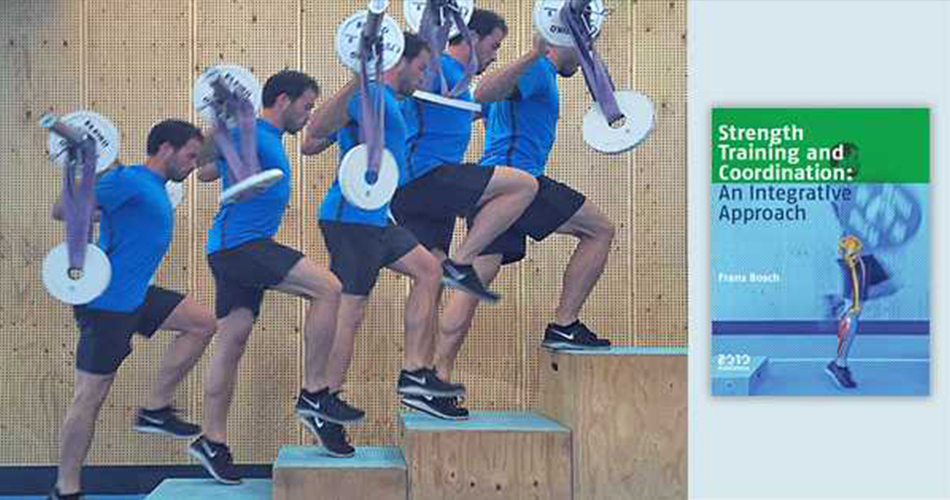What Do You Need to Know as a Sport Scientist Besides Sport Science [Addendum]
In 2014 I wrote an article with the same title and it has recently (in 2016) got a really good reception by the readers and fellow sport scientist. Two years later I have an urge to update it. Please refer to the original article before proceeding with this one.
Understanding models
If you choose one course on Coursera, let it be Model Thinking by Scott Page. It is fascinating journey into world of models and how they affect our understanding of the world. To understand performance training, one needs to understand mental models behind them. It is important that we ALWAYS use models and we try to understand reality and causality through models. Wise people understand assumptions of the models and use multitude of them. For example, there are multiple models of why injuries happen. None of them are correct, but some are useful, as George Box used to say.
Scott Page is soon (at least I hope so) publishing a book covering the course material. Can’t wait. The book is actually “crowd sourced” and collaborated with the students of Model Thinking. You can actually download the full draft HERE.
This is highly recommended course that should be watched more than once. In this category I can also put the great course by Robert Sapolsky: Biology and Human Behavior.
Statistics / Predictive Analytics
More and more I like to approach statistics from the above model building perspective (I even wrote about the approach here) and predictive analysis rather than “research perspective”. It makes much more sense to me that way.
So here are couple of suggestions – get and read An Introduction to Statistical Learning book, which is one of the best, if not the very best book on statistics I have ever read. Applied Predictive Modeling should follow (I am reading it at the moment). Besides that, make sure to learn R programming language – Microsoft recently acquired Revolution Analytics and R will be implemented more and more. Two additional wonderful books to learn R and applied statistics are R in Action (by some one of the best books on R and stats) and Practical Data Science with R.
There is also a great Coursera Data Science specialization course you might want to check.
I know that this can be an overkill, but as sport scientist you will be digging more and more into big data and data science, so better equip yourself with extra skills.
Another wonderful book that I have read and reference a lot is Data Analysis Using Regression and Multilevel/Hierarchical Models that have put me on the journey of multilevel modeling and Bayesian statistics (check this post). Longitudinal multilevel modeling is very important since we are all collecting panel data and it is important to make sure to know how to analyze it. I have a book on my shelf that looks very promising: Longitudinal Data Analysis for the Behavioral Sciences Using R and when it comes to Bayesian data analysis I am currently reading the following: Doing Bayesian Data Analysis, Second Edition: A Tutorial with R, JAGS, and Stan.
As can be seen my language of choice is R. You can also learn Python, put it is important to know at least one of them really good, instead of both partially. And yes, forget about SPSS – get to know the real, powerful and real deal R. Make sure to get familiar with dplyr and ggplot tools for data munging and graphing. R Studio offers great cheat sheets.
Most data scientists know that 80% of their time is spent organizing data in the right format for the analysis. Hence the need to know very useful tools such as plyr, dplyr and reshape2 in R and PowerQuery for Excel (which I will cover later). Knowing a bit of SQL is also helpful if you come across databases and you need to write a query to pull the data out. With the increase in Big Data, trust me, in few years this will be a must have skill.
Visualizing data: Best practices
It is very important to know how to tell the story with the data and to forget to use 3D charts, pie charts and spider charts. Simplicity is key and telling the story without too much noise. I highly recommend books by Stephen Few and his blog. Stephen recently published new book call Signal. Haven’t read it yet, but everything coming from Stephen is pure gold.
PowerBI (PowerPivot, PowerQuery, PowerMap)
PowerBI is a new product from Microsoft (as well as Azure Machine Learning) and it is really great for dashboarding and analysis. Learning PowerPivot might be the MOST IMPORTANT and useful thing you can do as I have pointed out in the previous installment.
What is new is PowerQuery – now a standard component of Excel 2016. PowerQuery is such an amazing tool that you can use to pull the data from multiple sources, different Excel files, re-organize them, clean and so forth and put it in the Data Model in Excel and analyze with PowerPivot. You can later upload/publish this on PowerBI and access the dashobards and reports from your phone.
If you want to chose one skill that will make your life much easier, it would be learning PowerPivot and PowerQuery. Later you can proceed with R, but these two are a must and they are really easy to use.
I highly recommend 2nd edition of Rob Collie’s book Power Pivot and Power BI: The Excel User’s Guide to DAX, Power Query, Power BI & Power Pivot in Excel 2010-2016 and if you want to dig a bit deeper in the new M language used in Power Query you can get M is for (Data) Monkey. There are other sources, but I’ve found these a great start.
The only problem as I see it now is that PowerPivot is only available in limited number of Excel distributions and I hope Microsoft will make it available for 365 subscribers as well.
Other BI tools
BI stands for Business Intelligence and there are couple of other tools you could/should get familiar with, like Tableau or TIBCO Spotfire, beside PowerBI by Microsoft. Not crucial skillset to have, but could be important down the road.
Productivity
Juggling multiple projects and task demands that we get organized. Beside Getting Things Done there are multitude other great books on organization, as well as Agile approaches. I have made a short list of of the tools and books I found useful HERE. I am currently reading Smart Work











Responses